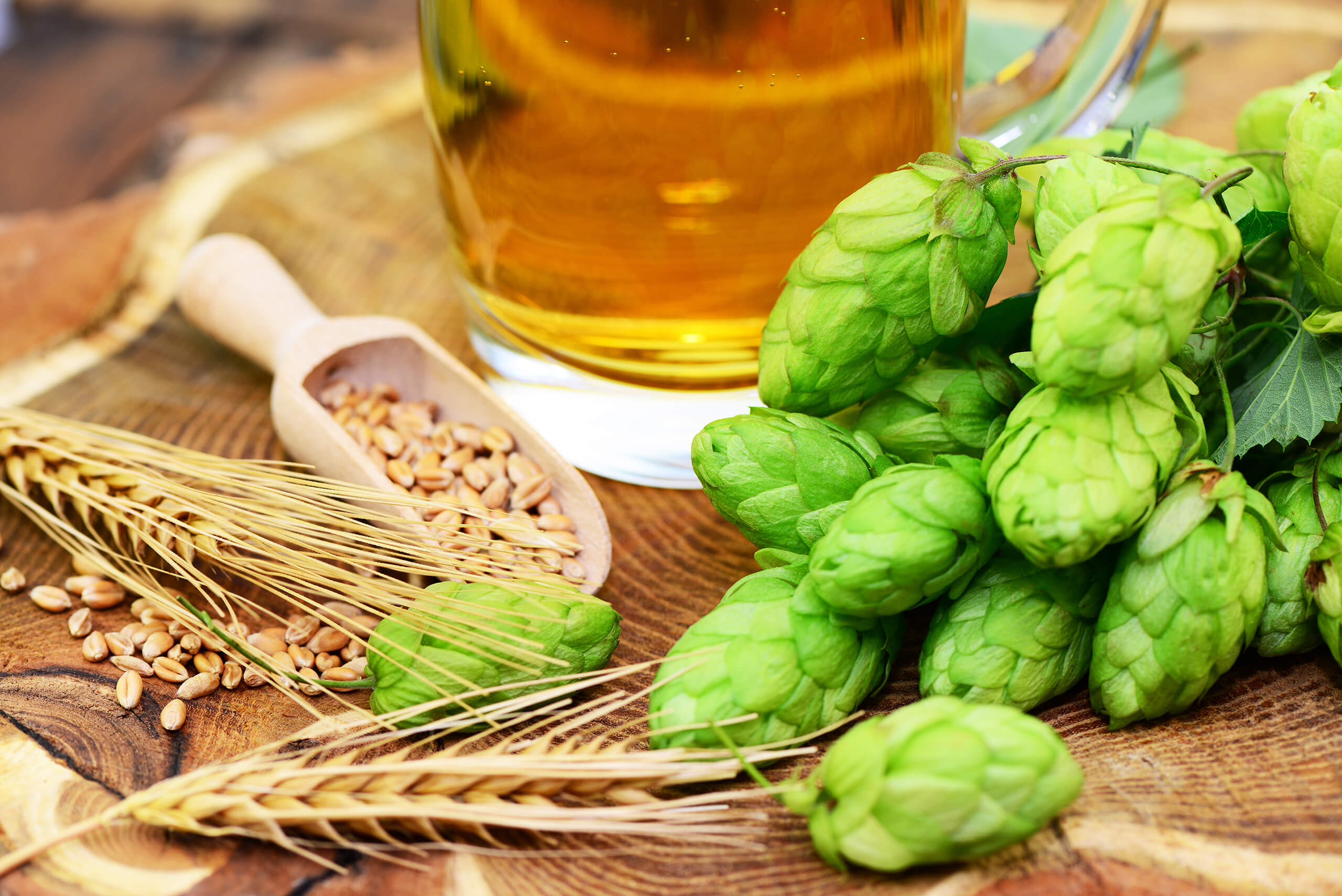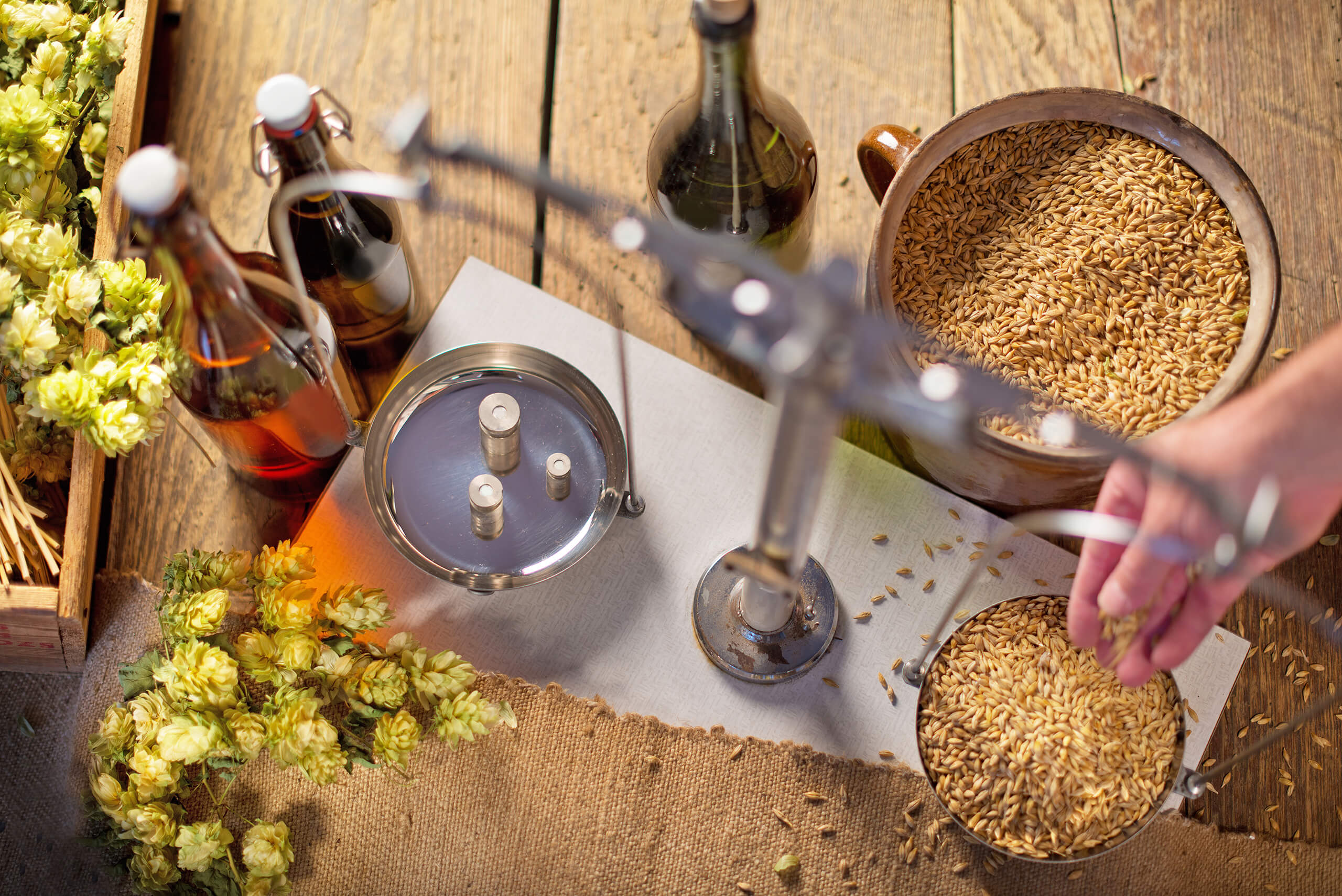Brewing Operations Certificate Program Overview

Brewing Operations certificate holders are equipped to pursue a variety of careers in fields related to the brewing industry, such as food and hospitality, packaging and distribution, and manufacturing. Specific jobs could include server, bartender, cellar technician, packaging operator, and brewing technician, amongst others. The skills acquired would be suitable for students looking to start/change careers immediately upon graduation in a small- or large-scale brewery setting as well as for the average hobbyist looking to improve their skills on professional equipment.
Degree Curriculum
First Semester
| Total Credits: | 13 | |
| Course Number | Course Description | Credits |
|---|---|---|
| BRW 101 | Intro to Brewing and Fermentation Process | 2 |
| BRW 103 | Principles of Brewing Science | 4 |
| IML 101 | O.S.H.A. Awareness | 0.5 |
| IML 189 | Forklift Truck Safety | 0.5 |
| BRW 201 | Brewing Science Operations I | 3 |
| BRW 270 | Sensory Analysis of Beer | 3 |
Second Semester
| Total Credits: | 14 | |
| Course Number | Course Description | Credits |
|---|---|---|
| BRW 151 | Biochemistry of Brewing | 4 |
| BRW 202 | Brewing Science Operations II | 3 |
| BRW 250 | Brewing Technology | 3 |
| BRW 280 | Brewing Science Capstone | 3 |
| CUL 116 | Good Service Sanitation | 1 |
Summer Semester
| Total Credits: | 1 | |
| Total Program Credits: |
28 | |
| Course Number | Course Description | Credits |
|---|---|---|
| BRW 269 | Brewing Operations Internship | 1 |
Special Requirements
Classes which involve alcohol tasting, i.e., Sip and Spit Classes, allow students under the age of 21 (but 18 or older) to taste, but not consume small quantities of alcohol for analysis purposes. Any violation of this principle will in turn be treated as a violation of the law and will be prosecuted. Proper consultation and planning with the student’s academic advisor will be necessary to ensure that the course curriculum is finished within the recommended amount of time. Students must also be capable of lifting heavy materials (up to 60lbs) and standing for long periods of time.
For more information, submit the Contact form.
